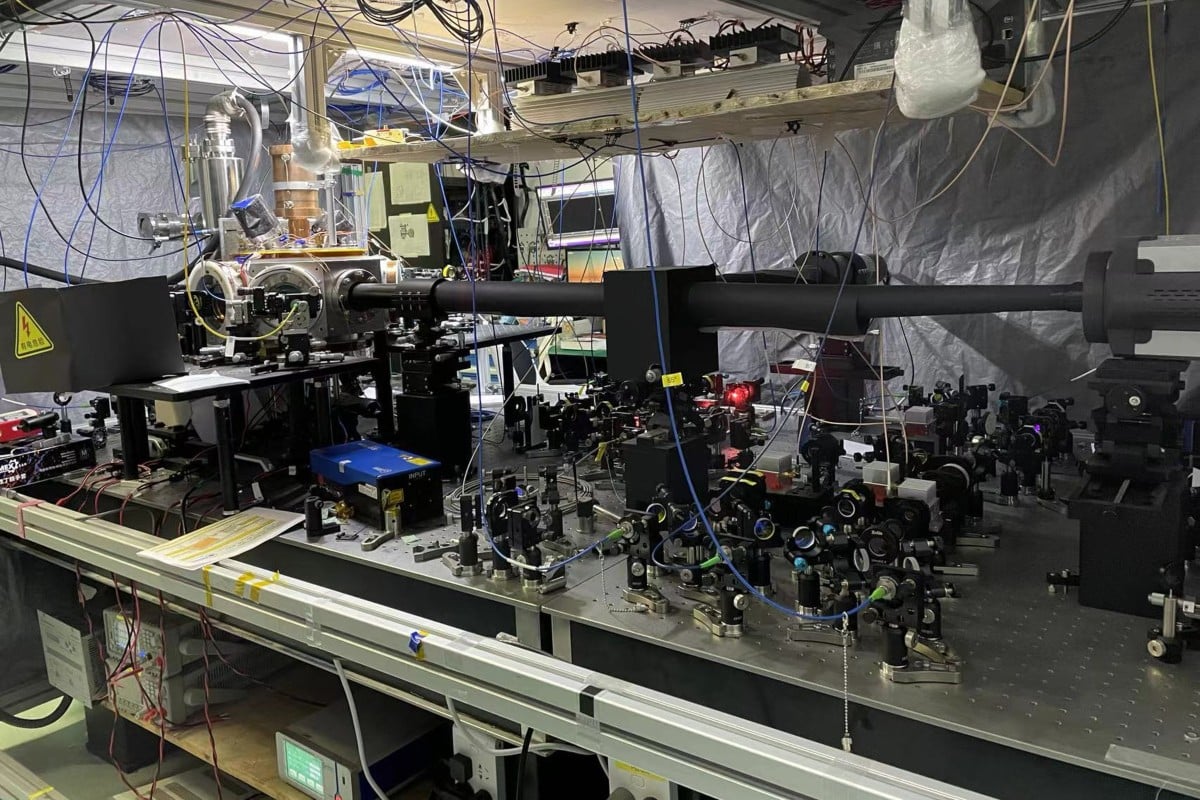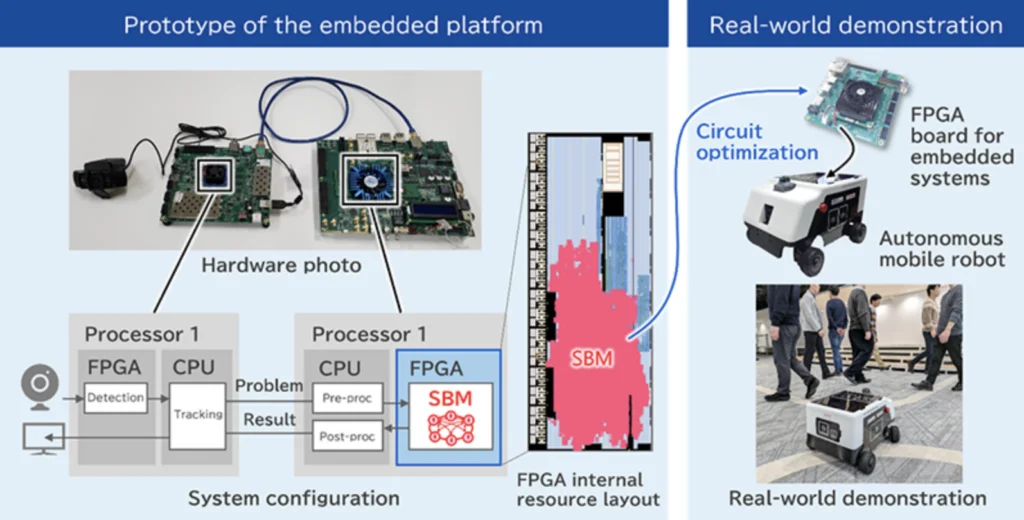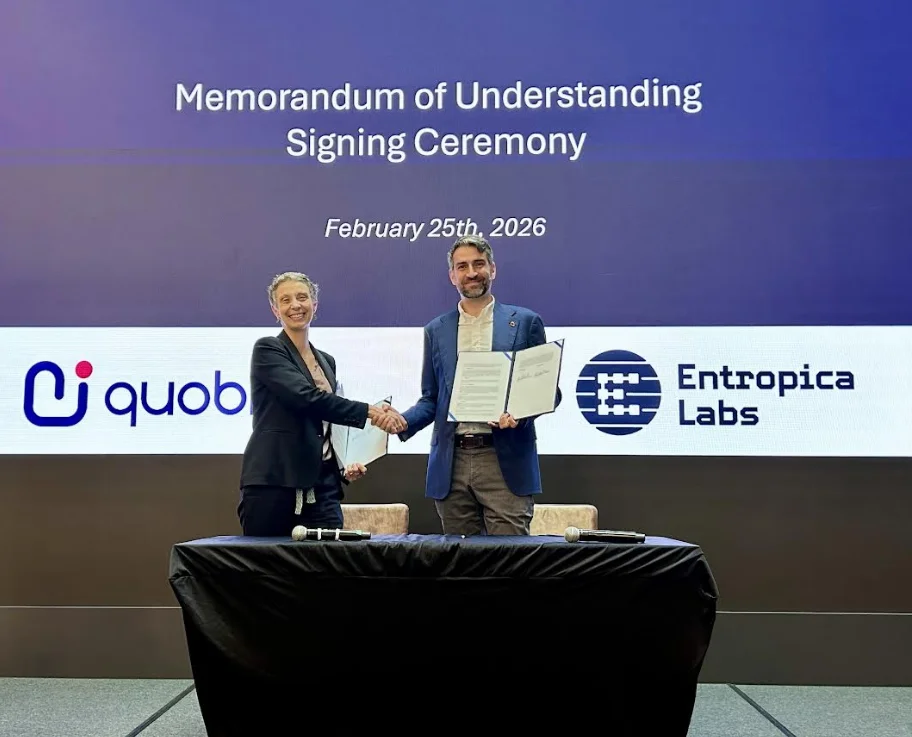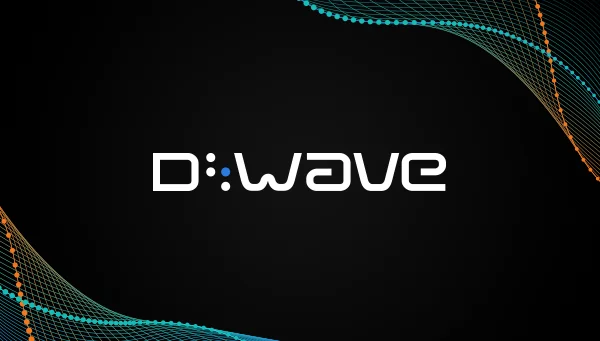Insider Brief
- Researchers in China have demonstrated how entanglement might potentially power future generations of computers.
- The team reports that quantum engines could use their own entangled states as a form of fuel.
- The researchers report this study represents the first experimental realization of a quantum engine with entangled characteristics.
- Image: South China Morning Post/handout
Researchers in China have demonstrated how entanglement might potentially power future generations of computers, according to a story in the South China Morning Post. This advance, achieved by scientists from the Chinese Academy of Sciences’ Innovation Academy of Precision Measurement Science and Technology, points toward how quantum engines can use their own entangled states as a form of fuel.
Entanglement is a quantum phenomenon where a pair of separated photons seem to be intimately linked, regardless of the distance between them. Scientists have long theorized that this characteristic, once robustly managed, could hold vast potential for quantum computing, and this study adds further evidence to its viability in practical applications, the researchers suggest.
“Our study’s highlight is the first experimental realization of a quantum engine with entangled characteristics. [It] quantitatively verified that entanglement can serve as a type of ‘fuel’,” said Zhou Fei, one of the corresponding authors, as reported in the SCMP.

Unlike traditional engines that rely on thermal combustion, a quantum engine can rely on lasers to transition particles between quantum states, converting light into kinetic energy. This innovative approach opens the door to efficiencies far beyond the capabilities of classical engines.
Zhou, along with fellow corresponding author Feng Mang and their team, demonstrated that the entanglement phenomenon significantly boosts the output efficiency of quantum engines. Their study, published in the journal Physical Review Letters, provides empirical evidence of this enhanced efficiency.
Theoretical and Practical Implications
Quantum engines, leveraging entangled states, could theoretically surpass the limits imposed by classical thermodynamics. They have the potential to achieve energy conversion efficiencies of over 25%, which is a substantial improvement capable of powering large-scale quantum computers and circuits.
Using ultra-cold 40Ca+40Ca+ ions confined in an ion trap as the working substance for the quantum engine, the researchers designed a thermodynamic cycle that converts external laser energy into the vibrational energy of the ions. The scheme requires extremely precise handling, the researchers stated.
“We chose the entangled states of two spinning ions as the working substance, with [their]vibrational modes acting as the load. Through precise adjustments of laser frequency, amplitude and duration, the ions were transitioned from their initial pure states to highly entangled states,” Zhou told the SCMP.
The team measured the engine’s performance by evaluating two key metrics: conversion efficiency and mechanical efficiency. Conversion efficiency refers to the number of vibrations (phonons) produced for each bit of light (photons) used, while mechanical efficiency assesses how much of the energy output can be practically utilized.
More than 10,000 experiments indicated that higher degrees of ion entanglement resulted in greater mechanical efficiency, although the conversion efficiency remained relatively unaffected by the level of entanglement. “
This indicates that quantum entanglement, despite its mysterious mechanism to physicists, acts as a ‘fuel’ in quantum engines,” Zhou said, as reported by the SCMP.
Future Prospects
Quantum engines are currently a very active field of research, with numerous theoretical analyses but relatively few experimental results. This study’s conclusions pave the way for the development of micro-energy devices such as quantum motors and batteries. The findings suggest that the entanglement properties of the working material can enhance the maximum extractable energy.
Zhou emphasized that while quantum batteries might not store as much energy as conventional batteries used in electric vehicles, their true benefit lies in their potential to power large-scale quantum computers and circuits.
“The future challenge lies in increasing the number of working materials without compromising fidelity of the entanglement state, thereby enhancing output,” he told the SCMP.
As with most of the studies in the emerging field of applied quantum mechanics, this work represents the first step in developing any technology to tap entanglement as fuel. One of the challenges would likely be the scalability of any design to produce quantum batteries, or leverage entanglement as a form of energy. Moving from theory to experiment to actual practical devices is a long scientific process with numerous obstacles.
The paper offers a more detailed and technical examination of the work with details that may have not been covered in this article.















